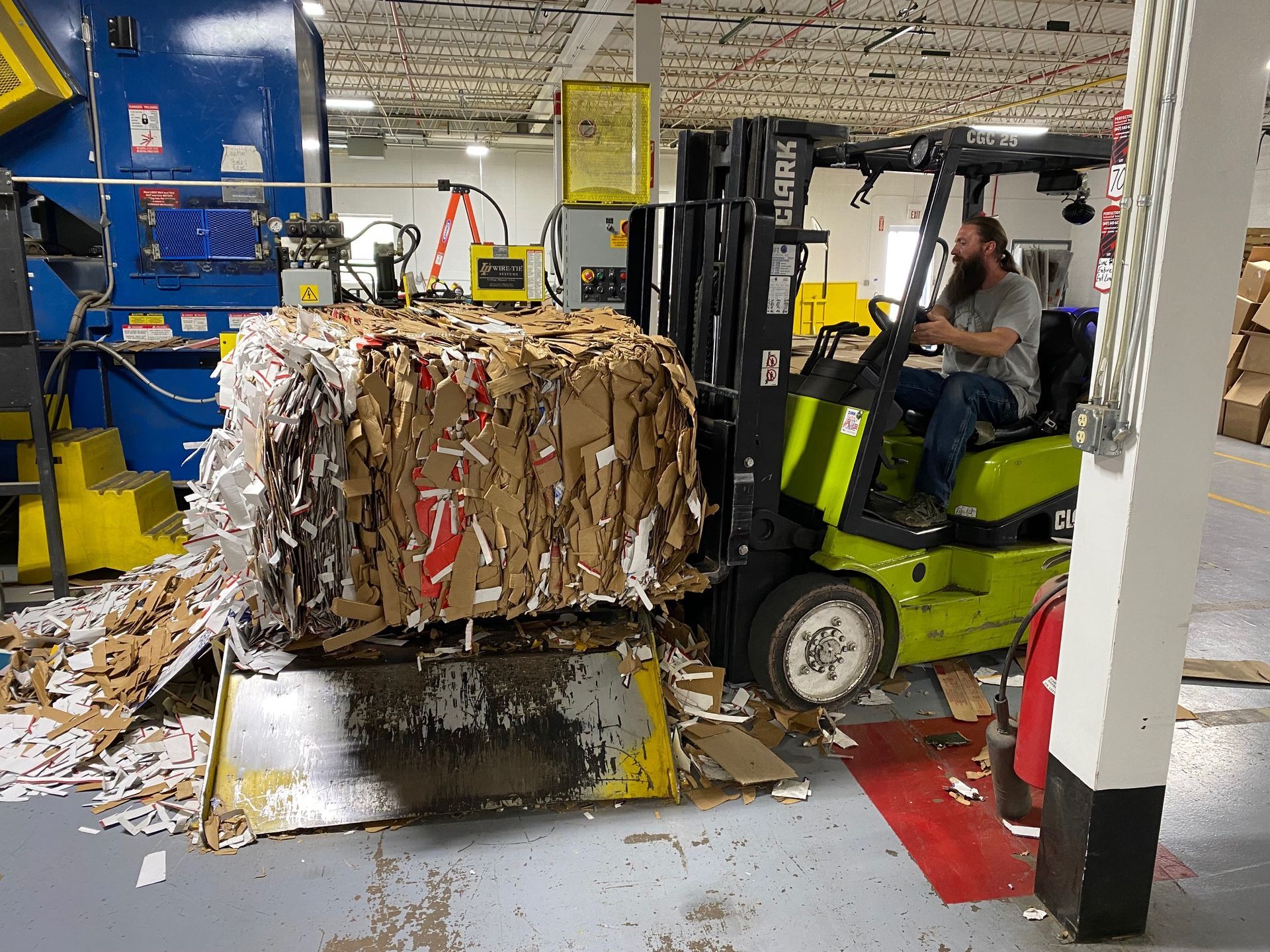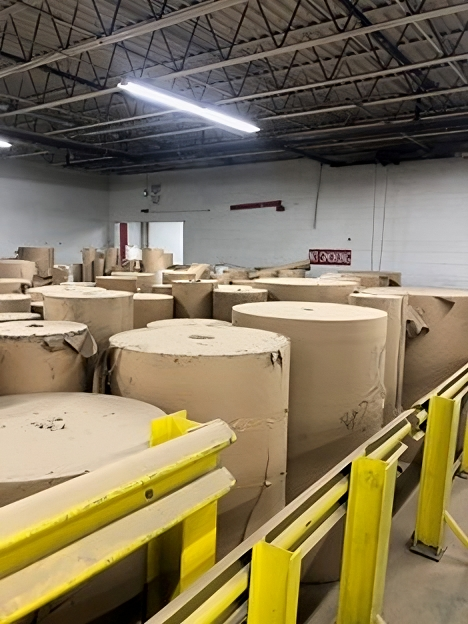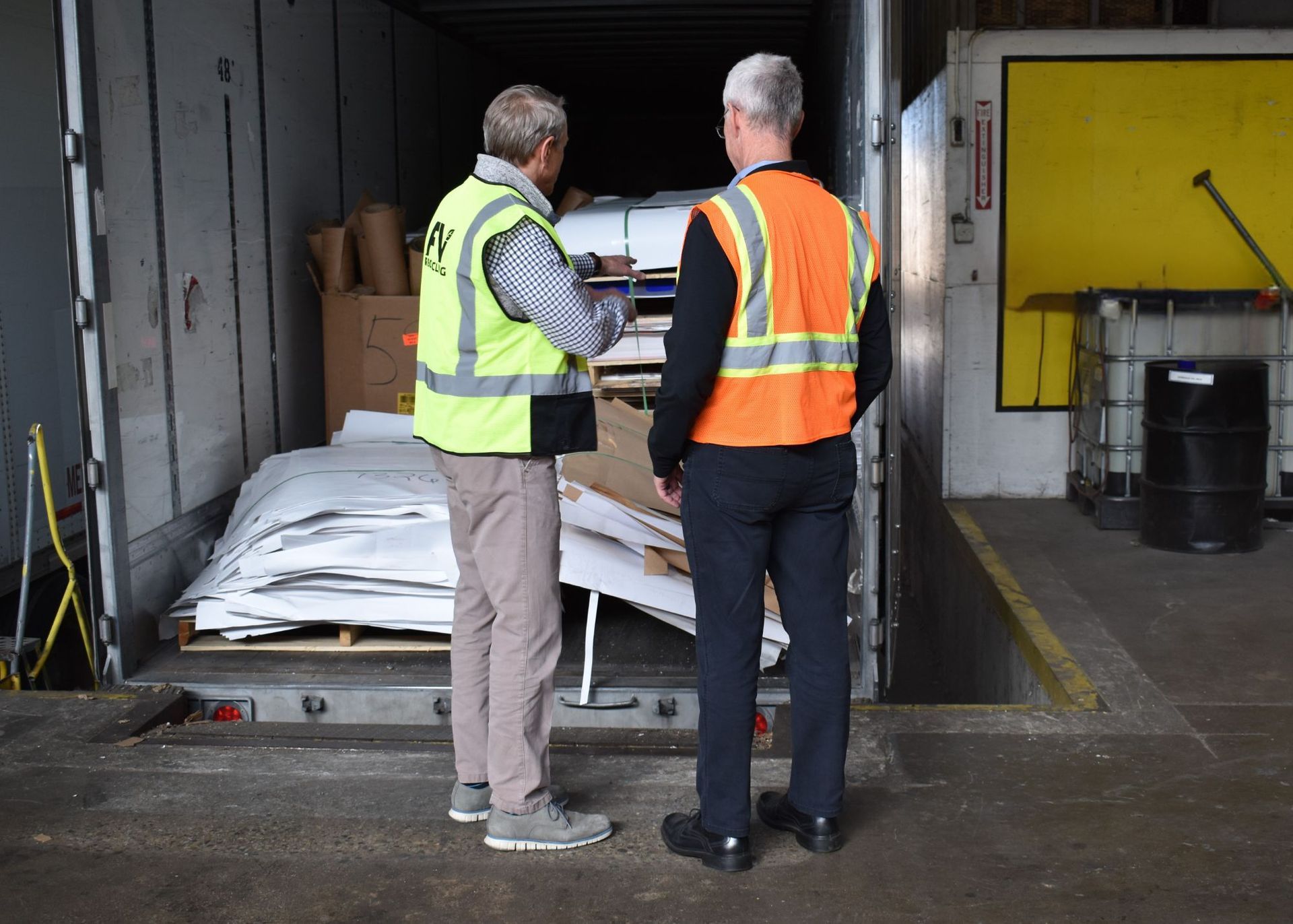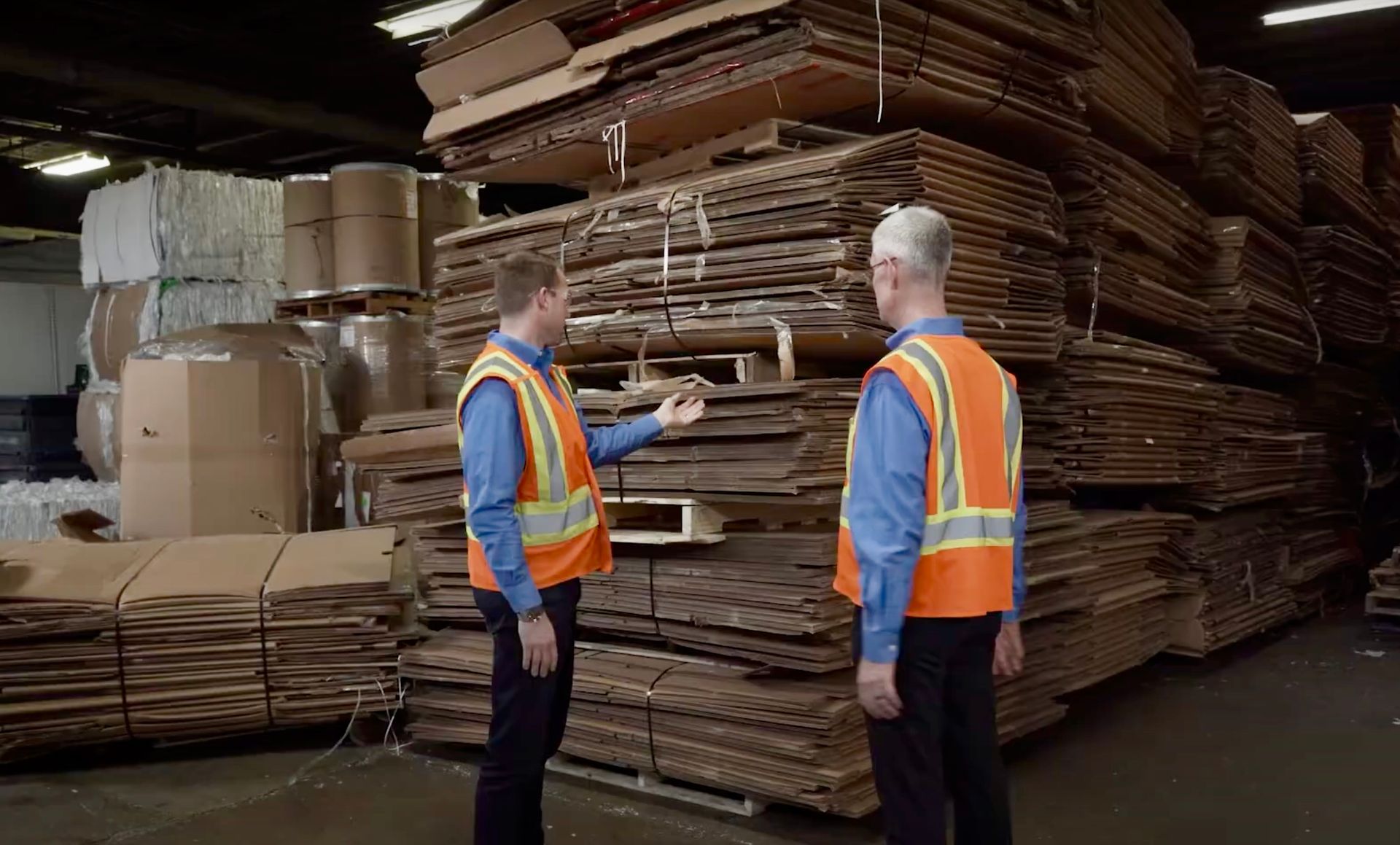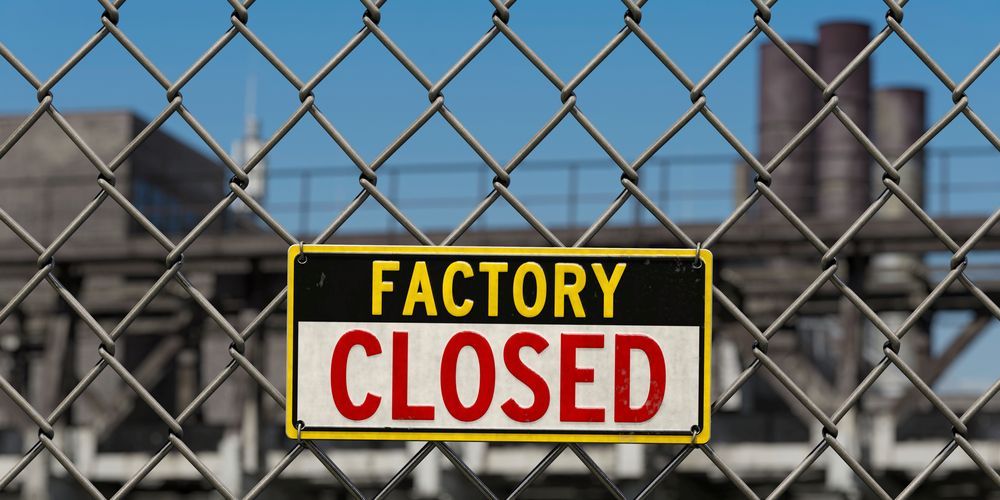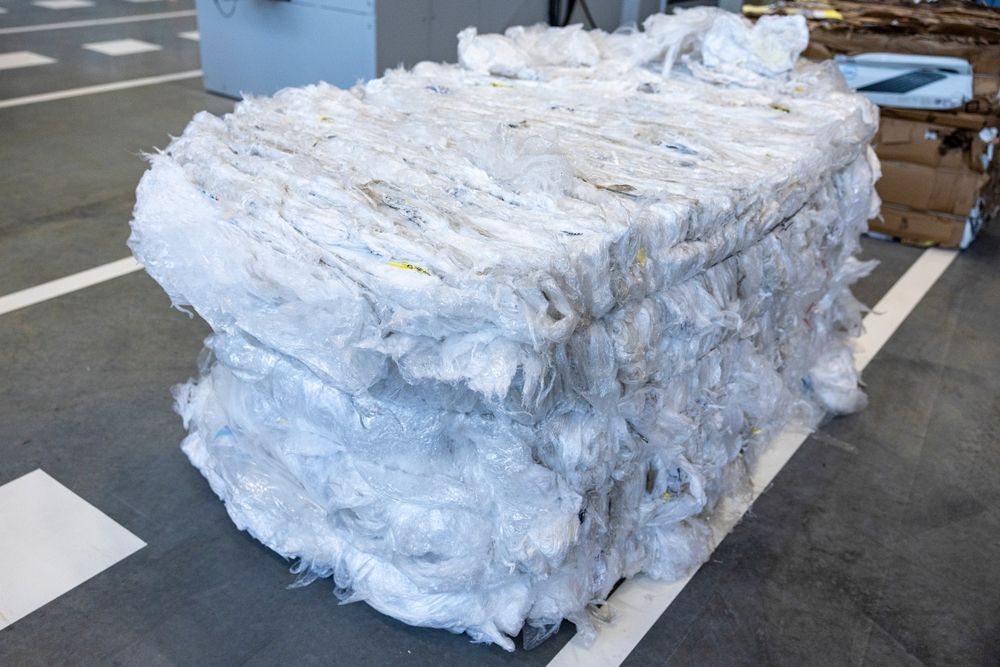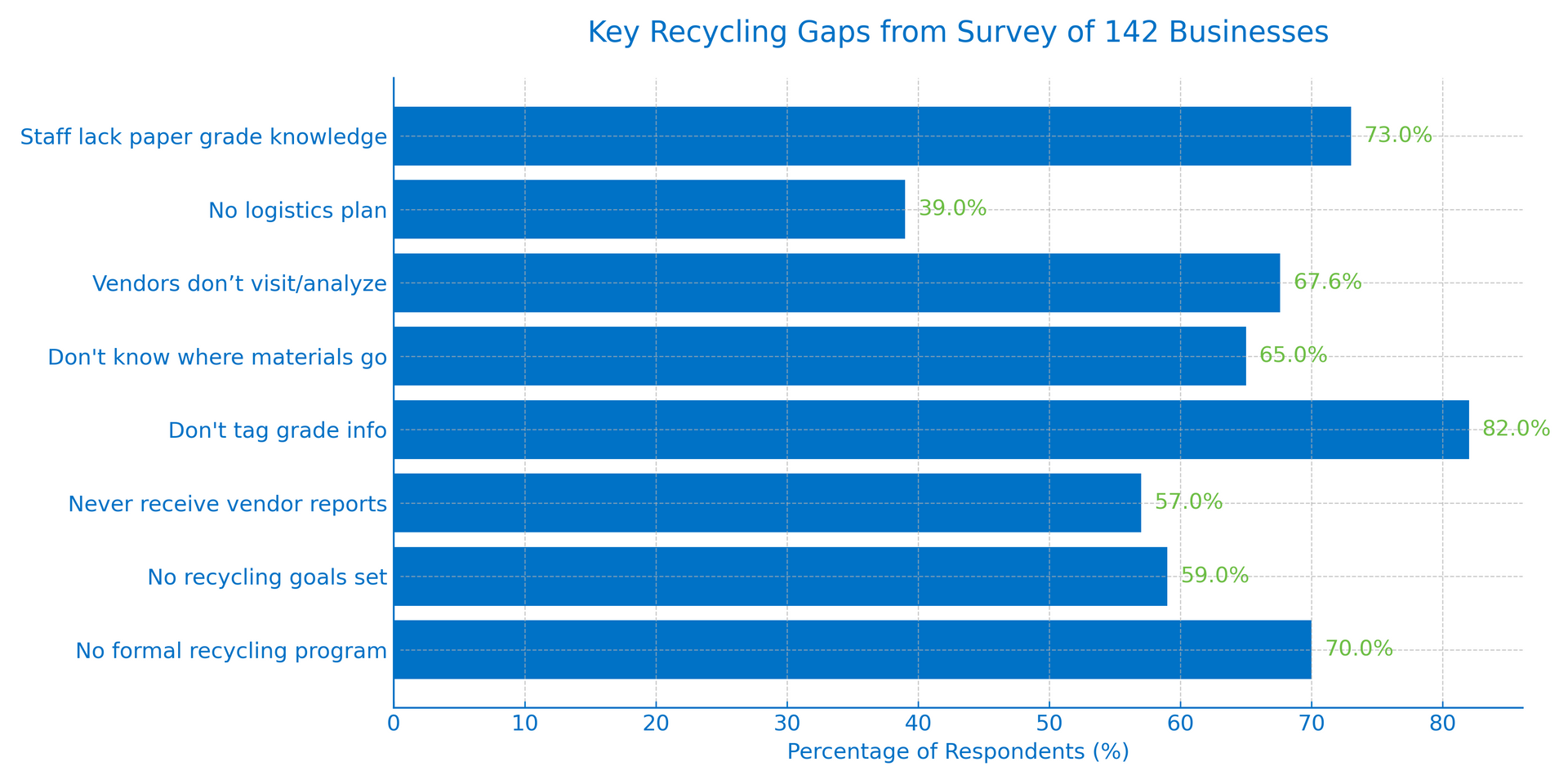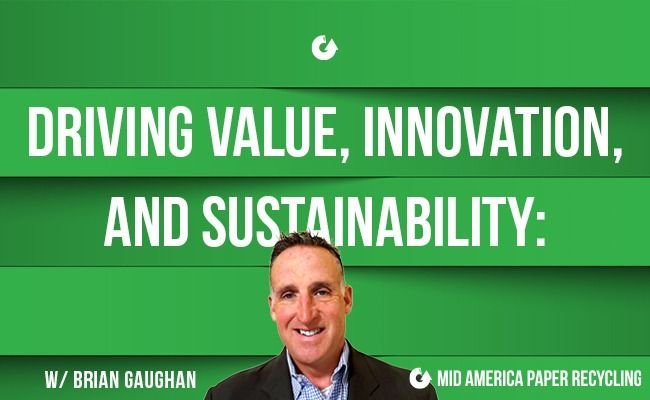Steps We’re Taking to Mitigate Recycling Supply Chain Challenges
The mounting challenges related to the overall supply chain, and the recyclable waste supply chain in particular, will no doubt have repercussions in the months and years ahead.
There have been raw material shortages, limited product availabilities, job losses, port shutdowns, shipping delays and production slowdowns and stoppages, mostly brought on by the COVID-19 virus. The situation has underscored manufacturers’ reliance on international networks of suppliers and logistics firms, as well as some of the weaknesses of an interdependent global supply chain.
As the COVID-19 pandemic spread across the globe, online shopping and e-commerce shifted into overdrive, significantly upping demand for corrugated shipping cases and creating potential problems (or great opportunities) for the corrugated industry and recyclers. According to the Fibre Box Association, the demand jumped 9 percent from March 2019 to March 2020, creating interruptions in recycling systems and shortages of raw materials. Paperboard and pulp mills are experiencing their own share of trickle-down issues, such as higher freight costs and constantly running at full capacity, as well as having to buy materials from smaller producers just to keep up.
Chinese restrictions on the import of recyclable materials have forced the U.S. to find new markets for recovered materials, often at a reduced value. And urgent orders issued for COVID meant that recovered paper from closed schools, offices, and stores, was reduced or no longer available.
Port congestion, trucking, freight
“Currently, the recycling industry’s larger challenges include the rising costs of freight, and logistical issues with lower availability of trucks to pick up and ship on time,” emphasizes Jake Meszaros, National Sales Manager at Mid America Paper Recycling. “We are also facing export issues with container ship and port delays, booking delays, increased ocean freight costs and a lack of available equipment in certain areas of the U.S.”
These and other supply chain factors have raised prices for recycled paperboard. Labor shortages have greatly impacted the trucking industry, which has especially affected recyclers’ ability to conduct business as usual, Meszaros notes. The American Trucking Association indicates that some 80,000 drivers are needed to alleviate the ongoing supply chain issues and offset trucking industry labor losses.
But moves to alleviate some of the problems are being developed and deployed. To ease the pressures at shipping ports, the Biden Administration is enacting a plan that will be able to redirect grant money to ports from other federally funded projects. More funds for ports and waterways will be available after President Biden signs the roughly $1-trillion infrastructure spending package Congress approved in early November.
.
And despite the rigors in meeting recycling demands , Mid America anticipates sequential improvements going forward in 2022 as it collaborates with its suppliers and customers to mitigate global supply shortages. It also plans to investigate new supply chain options over the coming months in efforts to reduce the bottlenecks.
The Mid America team believes coming up with the best possible ways to fulfill customers’ requirements during this unprecedented time is the first strategic step of the process, Meszaros explains. “We are combating these issues by diverting waste tonnage away from overseas buyers and selling them directly to domestic customers who have dedicated fleets,” he says. “We are simply reducing the number of monthly orders we take with overseas buyers. There are a few commodities that must ship via export, however, due to the nature of the material, but that’s a very small percentage.”
Mid America is also focusing on using its own trucking fleet within a 100-mile radius of its recycling plant in Chicago to avoid higher freight costs, Meszaros explains. Currently, Mid America operates trucks and trailers throughout Illinois, Wisconsin, and Indiana that are used exclusively to pick up and deliver recyclable materials from its suppliers to customers, and direct to its Chicago recycling facility. “We are adding more pickups to our schedule than ever, due to the rising costs of working with outside carriers and 3PLs. Given the state of the fractured supply chain, it’s crucial that we reduce costs for all of our stakeholders, while at the same time ensure that we maintain competitiveness in the market.”
Mid America has built its reputation on creating long-lasting relationships with its suppliers and customers, transforming waste into value by aligning with its customers’ corporate sustainability goals and educating them on new or different recycling solutions that work for them. Addressing freight costs has become a clear focal point for the company, as freight carries the highest percentage of total costs of shipment (landed costs) to customers, Meszaros notes.
“That has prompted us to bring on additional customer support staff to tackle these logistical freight challenges so that we may continue increasing the overall value we provide to our customers. We are also investing in additional assets to better service the industry and our customer base, and to grow market share. There is much to do, but we are definitely meeting the challenges head-on.”
Contact us today to discuss your own supply chain challenges and ways we can help you overcome them.

